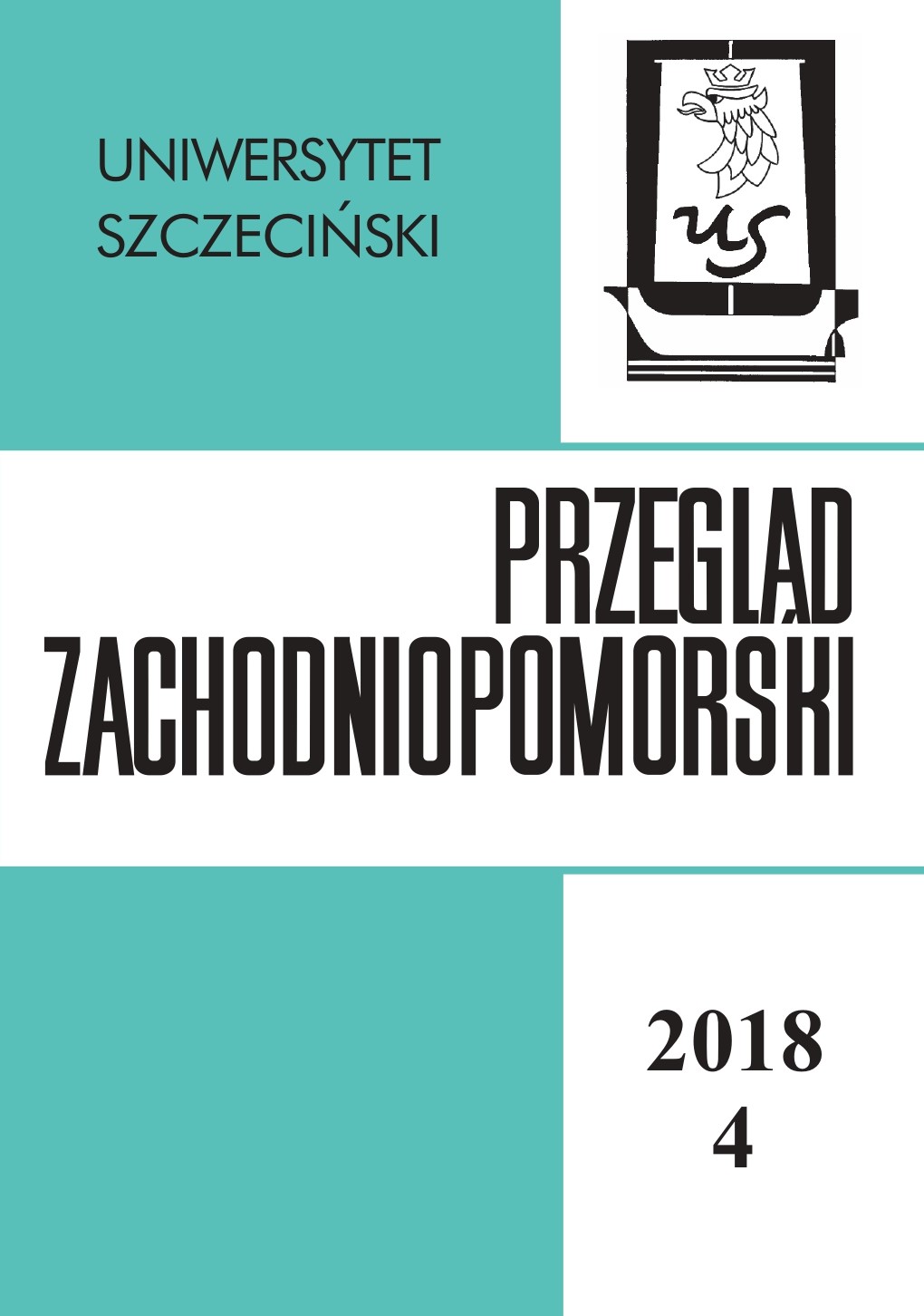Pommern als Bildungslandschaft vor der Reformation – Elemente, Strukturen, Funktionen
Pomerania as a Landscape of Education before the Reformation – Elements, Structures, Functions
Author(s): Dirk AlvermannSubject(s): History, Local History / Microhistory
Published by: Wydawnictwo Naukowe Uniwersytetu Szczecińskiego
Keywords: school; university; education; classes; students
Summary/Abstract: The constantly reconstructed knowledge presented in this paper, exemplified with monastic libraries, makes it possible to classify the Pomeranian educational landscape as a significantly equivalent to the other regions of Northern Germany. The institutions of primary education could have been better investigated and interpreted; anyway at the beginning of the 14th century they were to be found nearly in all economic and political spheres of Pomerania. Schools sprang up in places where there were monastic congregations and well-developed urban areas entitled to start and run educational activity. A further growth of primary education took place in the 15th century, especially in Central Pomerania. As a result, up to the mid-15th century the difference between the western and eastern parts of the region was on the increase. Founding a university in Greifswald was an impulse to fill that gap. The ensuing change consisted in a substantial increase in the number of students of all the Pomeranian universities and in opening them for new social classes. At the beginning of the 16th century the Pomeranian educational system was exposed to the danger of regionalisation; the intensity of that tendency was not the same everywhere in the region, as a result the Pomeranian educational landscape was divided into two parts. West Pomerania was much more autonomous than Central Pomerania, which became relatively insensitive to the changes brought about by new universities in Frankfurt and Wittenberg.
Journal: Przegląd Zachodniopomorski
- Issue Year: 33/2018
- Issue No: 04
- Page Range: 161-180
- Page Count: 20
- Language: German

